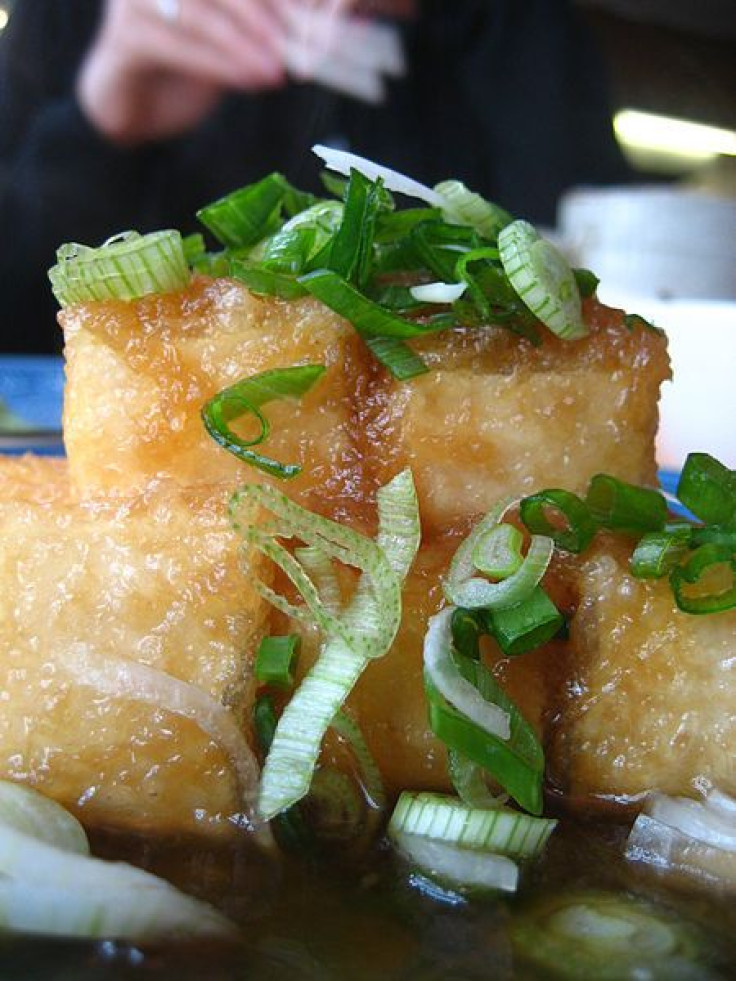Eating Tofu May Boost Your Sex Life

If you have hit a bit of a lull these days in your sex life, perhaps you might want to try eating more tofu and soy-based products. That seems to be what a study published in the journal Hormones and Behavior is suggesting.
The study is the first time researchers have published a report detailing the effects that the plant-based compounds with estrogen, called phytoestrogens, can have on primates, humans' closest relatives. The study examined red colobus monkeys in Uganda, and should shed some light on what these compounds do in humans.
"It's one of the first studies done in a natural setting providing evidence that plant chemicals can directly affect a wild primate's physiology and behavior by acting on the endocrine system," said Michael Wasserman, the lead author of the study. Now a post-doctoral researcher at McGill University, the study was performed while Wasserman was a graduate student at the University of California, Berkeley.
Wasserman and his team followed a population of colobus monkeys in Uganda's Kibale National Park. They examined the amount of aggression seen in the primates, marked by the number of chases and fights that the monkeys had, as well as the frequency of mating and grooming rituals, an important social custom of primates. Researchers also recorded what the monkeys ate and collected fecal samples in order to assess their hormone levels.
Researchers noted that, the more often male monkeys feasted on the leaves of Millettia dura, a tropical tree containing phytoestrogens and a close relative of soy, the more their hormone levels contained cortisol and estradiol. They found that, when the monkeys ate more of these leaves, they were more aggressive, had sex more often, and groomed less often. In fact, though the plant is high in estrogen, the animals became more macho - the opposite of what was expected.
Many women eat soy-based products during menopause because its high estrogen levels help alleviate symptoms. At the same time, many groups have become concerned about the estrogen levels in soy-based foods, dairy products, and their effect on children and men. Indeed, much more research on this matter is probably warranted.
"Human ancestors took most of their diet from wild tropical plants, and our biology has changed little since this time, so similar relationships as those found here are expected to have occurred over our evolutionary history," Wasserman said.



























